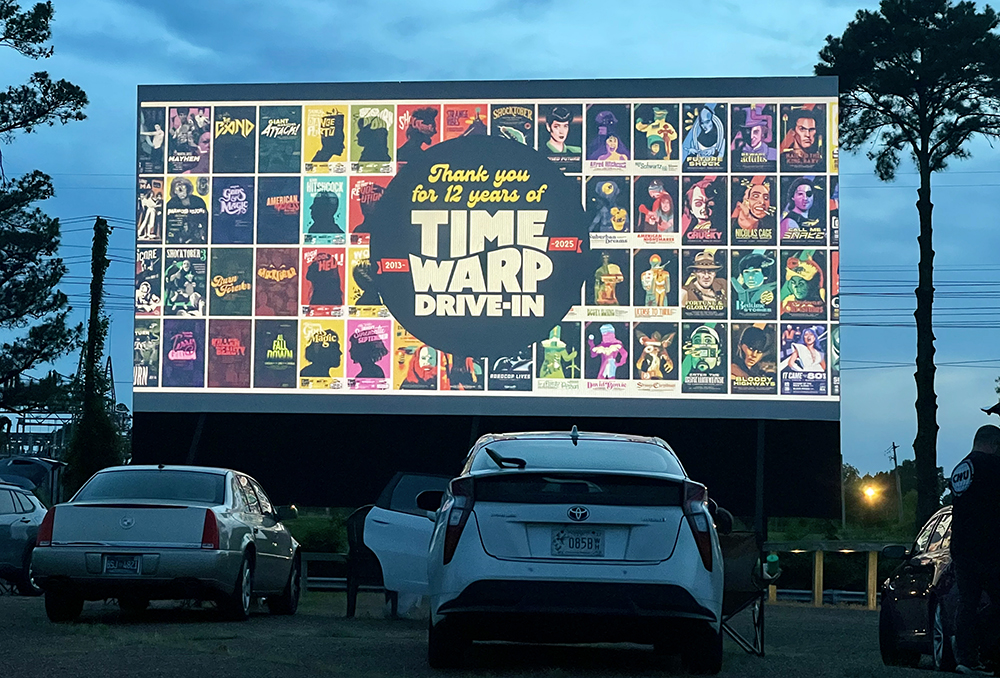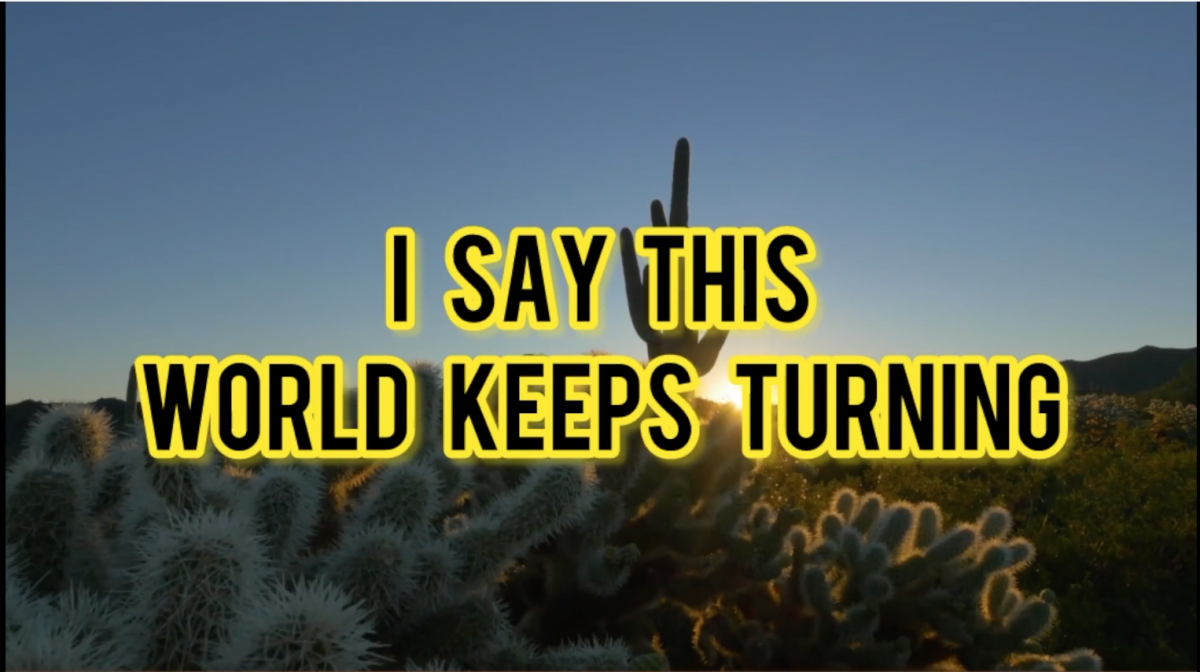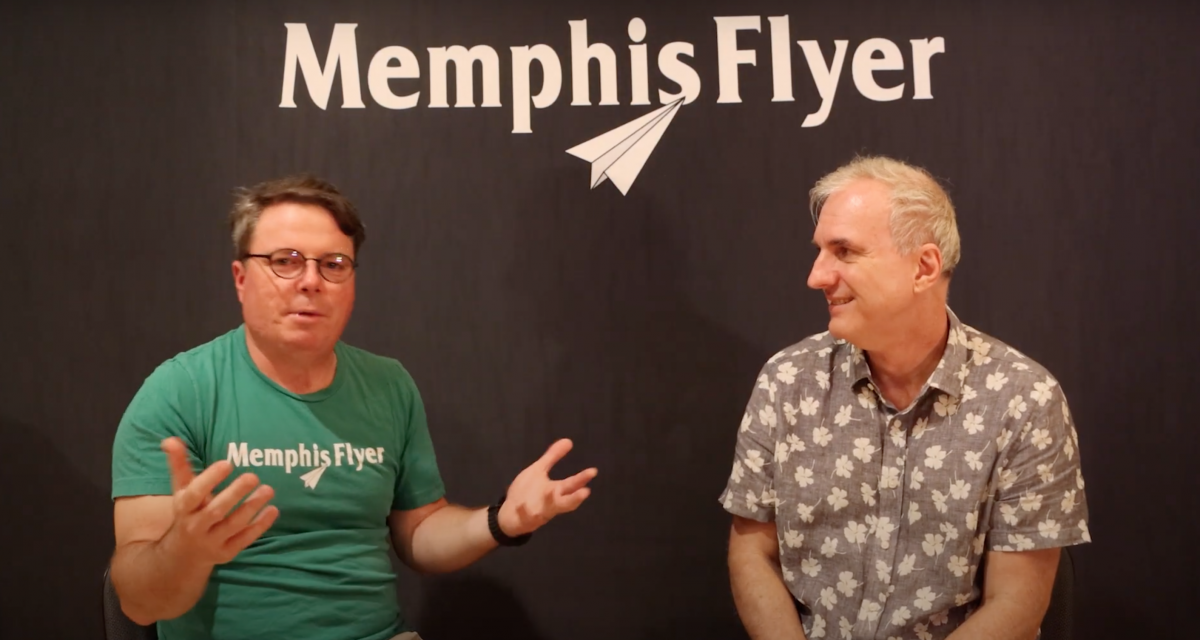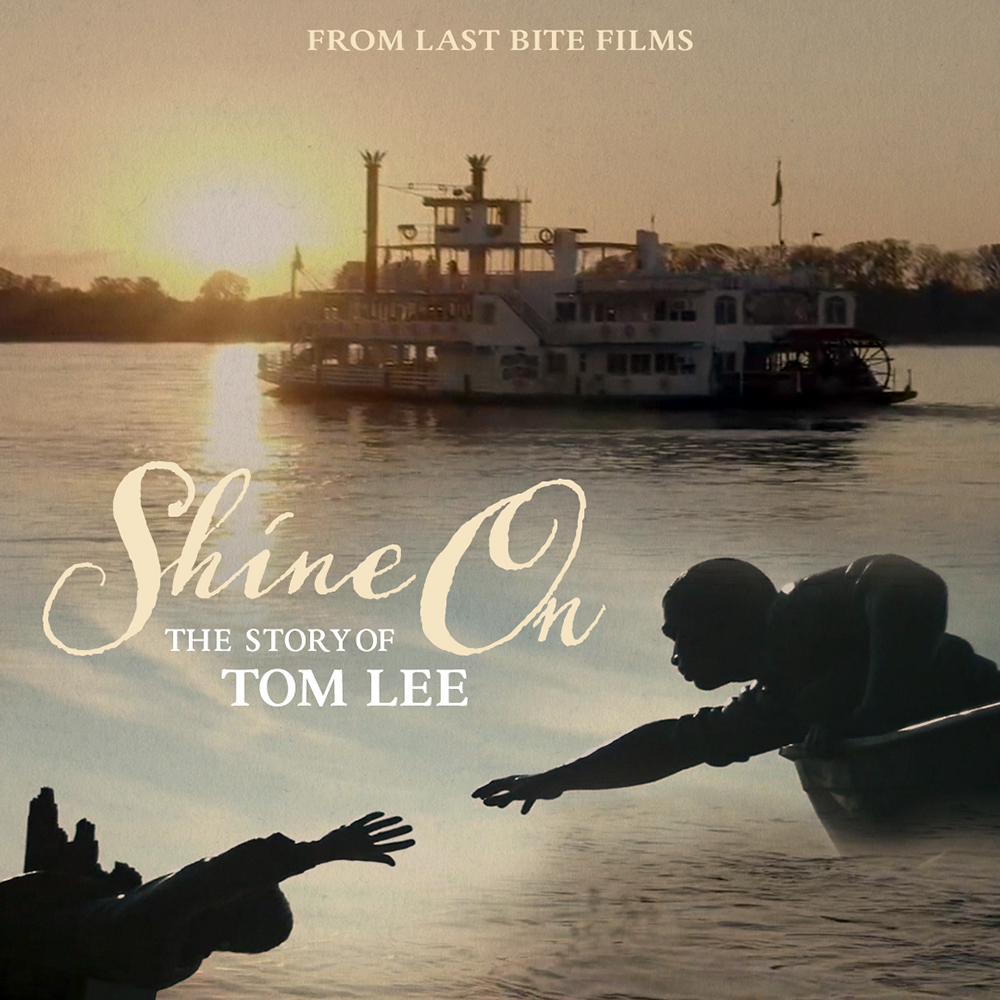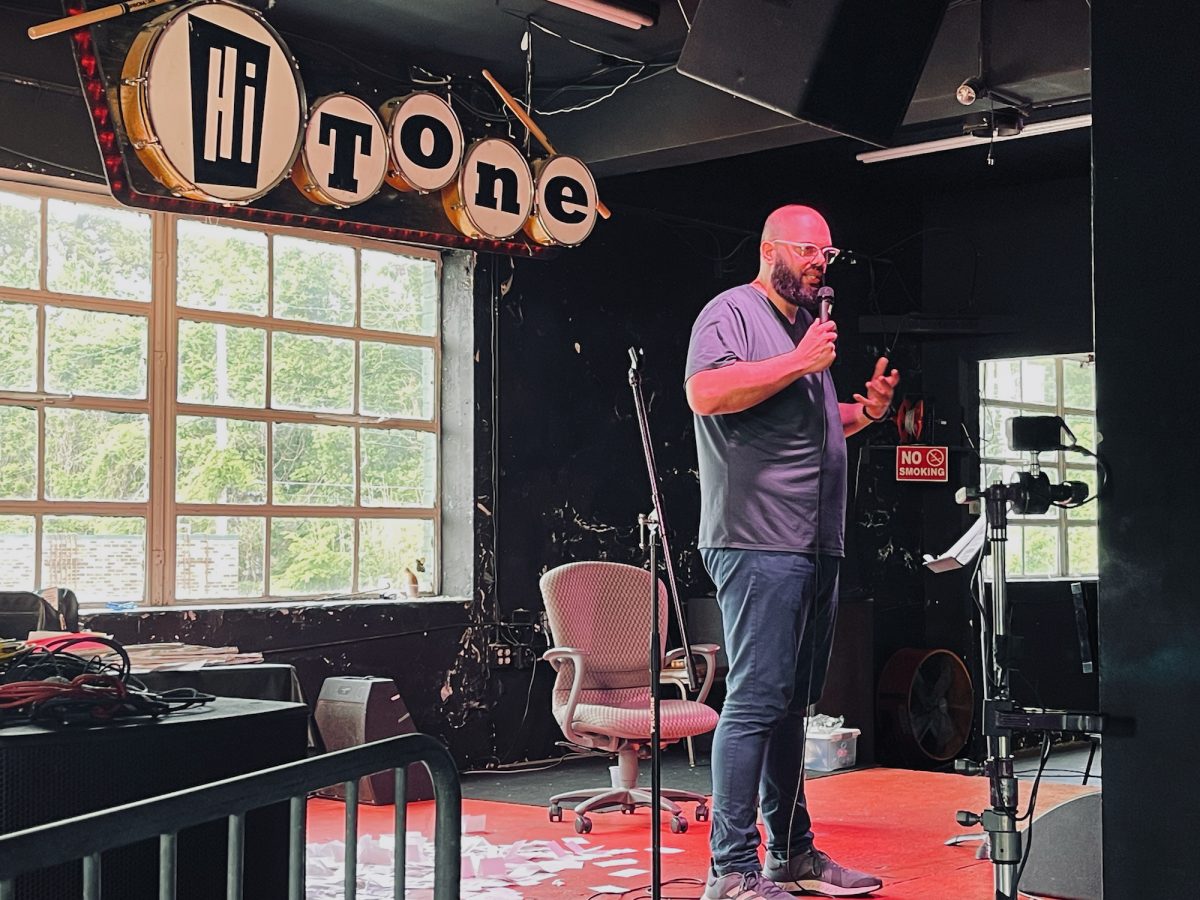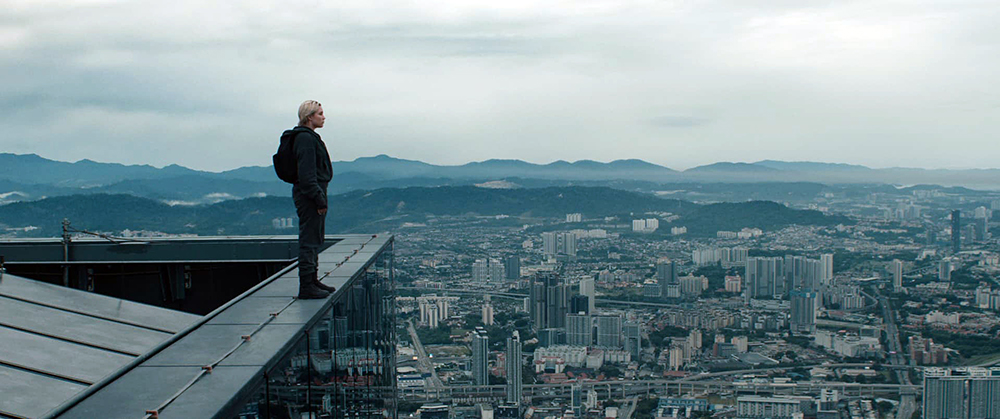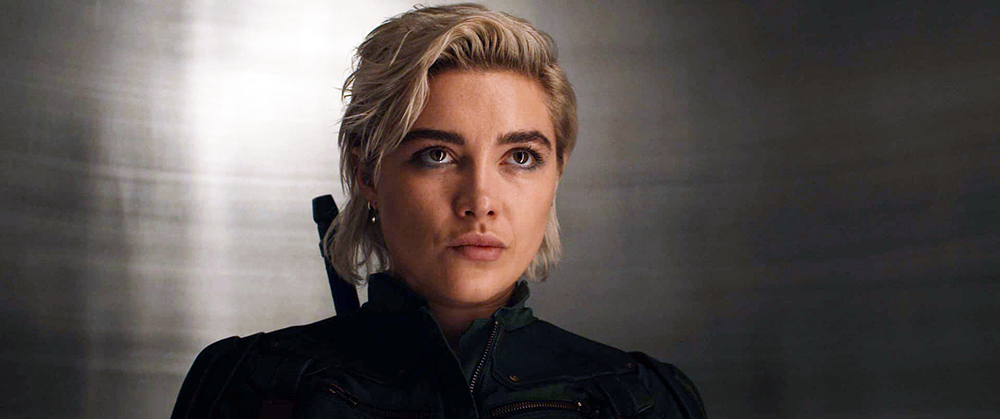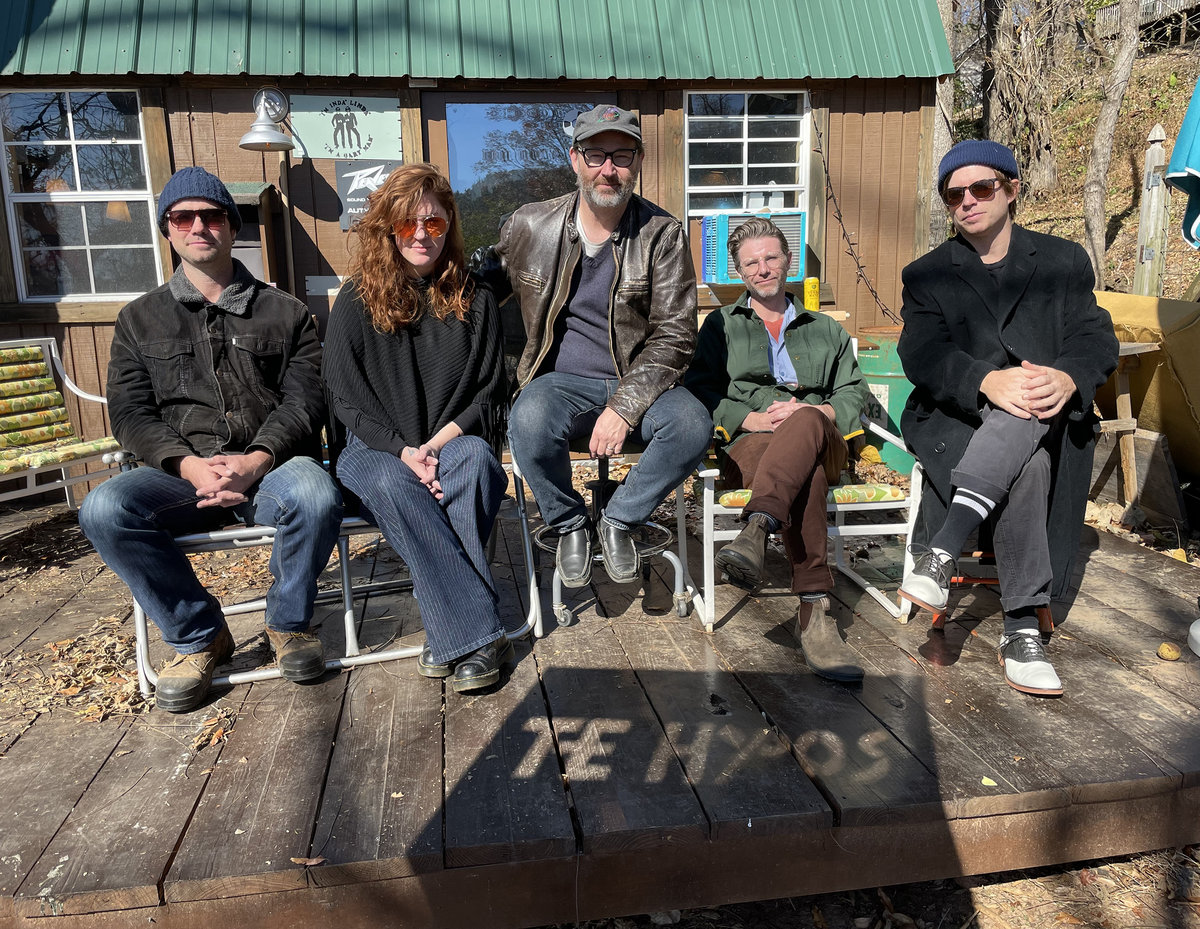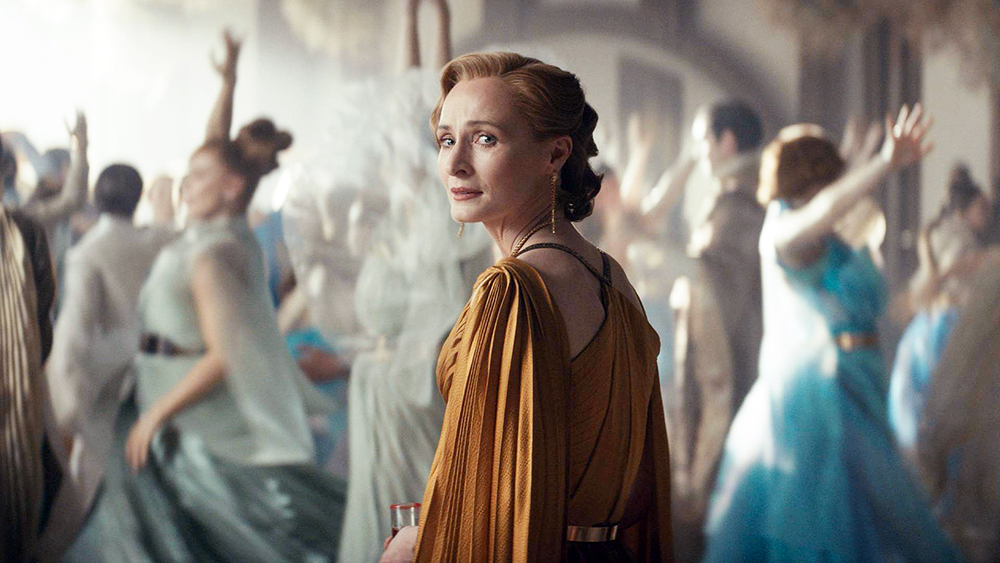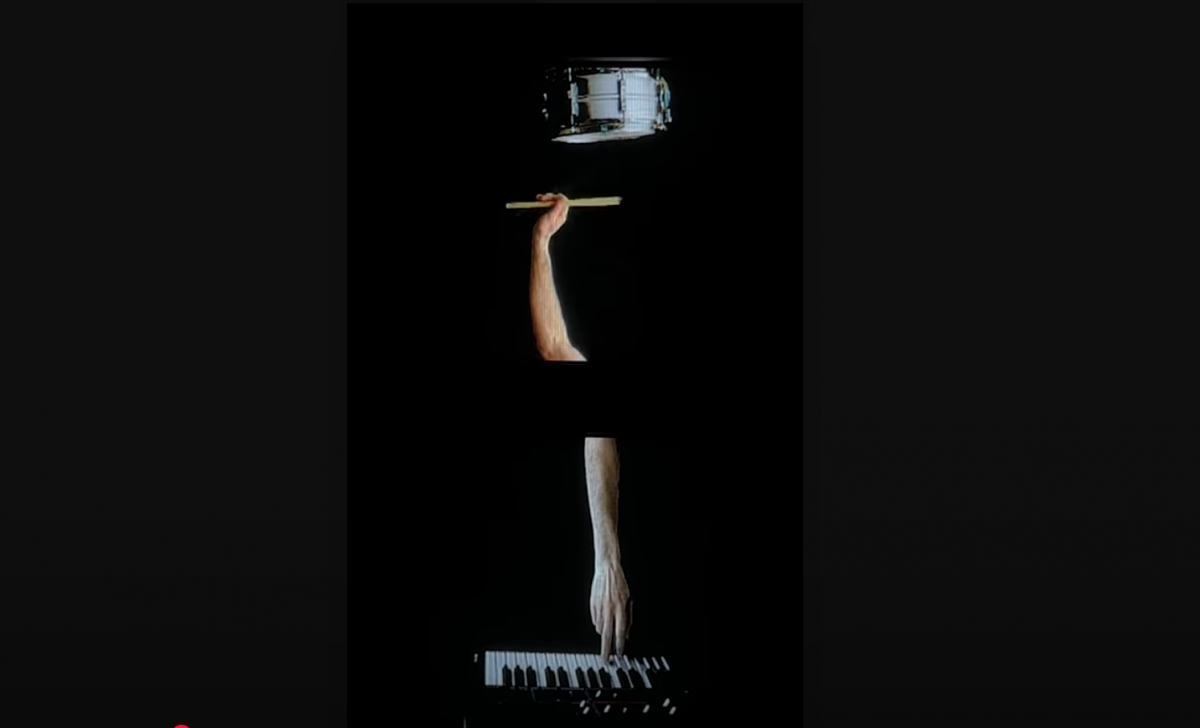By the time we got to the Malco Summer Drive-In, a crowd of cars had already gathered at Screen 4. That was not unusual for a monthly Saturday night dedicated to the Time Warp Drive-In series. What was unusual was that we were there two hours before showtime because it was the last weekend of the drive-in.
The first drive-in opened in New Jersey in 1932. The concept spread to Memphis in 1940. After World War II, their popularity exploded. Postwar prosperity meant that more people than ever owned cars, and since most drive-ins charged by the carload, piling the family into the station wagon for a double feature was an affordable night out for working-class parents. Teenagers loved the drive-in as a place where they could go on dates and have a little privacy. The drive-ins’ reputation for illicit hanky-panky even spawned a hit song in 1957, the Everly Brothers’ “Wake Up Little Susie.”
The drive-ins became a breeding ground for a certain kind of picture. Sure, you could find big-budget, A-list fare there, but those films existed next to cheaper movies, often made by independent companies outside the Hollywood mainstream, which were more daring with their subject matter. For every prestige title like Ben-Hur, there were a dozen flicks like Invaders from Mars.
The latter were the kinds of films the Time Warp Drive-In celebrated. Pioneering Memphis indie filmmaker Mike McCarthy (who once called himself “a man without a drive-in”) and Black Lodge Video founder Matthew Martin booked vintage classics and non-classics alike for 12 years. Sitting in the front row of Screen 4, surrounded by friends in camp chairs and kids hanging out in open hatchbacks, the pair watched the animated retrospective of Time Warp art posters created by Lauren Rae “Holtermonster” Holtermann. An emotional McCarthy said the Time Warp had brought 105 films to the biggest screen in town.
A few weeks ago, Malco announced that the sprawling drive-in was for sale after 60 years of operation. It was expected that the theater would complete the summer season, but a buyer popped up, and word got out that this weekend would be the end. No one blamed Malco. It was common knowledge that the Tashie family, who have controlled Malco for decades, loved the institution of the drive-in, even as the popularity of the format waned. This served the company well during the pandemic, when it was the theater chain’s only source of income. In the last five years, the Summer drive-in hosted the Indie Memphis Film Festival, the Southeast satellite program from the Sundance Film Festival, and Joe Bob Briggs’ drive-in festival. But while these big events and the Time Warp brought crowds to Summer Avenue, normal weekend nights were not busy, and the high overhead costs proved to be a drag on the company struggling during the post-pandemic cinema malaise which has only recently lifted. You can only lose money on something for so long.
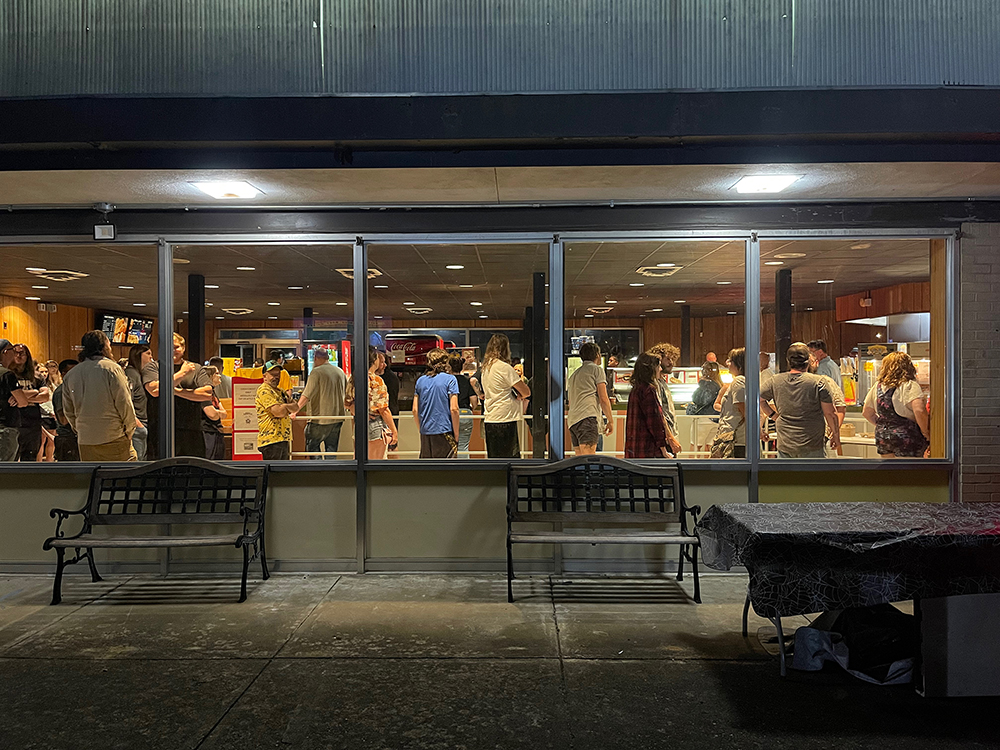
A funny thing happened over the last six decades. Films once considered drive-in trash are now the mainstream. A young Steven Spielberg saw Invaders from Mars at a drive-in. In 1977, he paid tribute to it in Close Encounters of the Third Kind. George Romero’s Night of the Living Dead, perhaps the most influential indie film of all time, was a drive-in programmer that spawned the entire zombie subgenre. Over on Screen 1, Sinners, the Ryan Coogler-directed smash which has been largely responsible for 2025’s box office outperforming 2024 by 10 percent, was playing to a full lot. It’s a direct descendant of Night of the Living Dead, and it’s leading the early conversation for Best Picture — something Romero could never have dreamed of.
The final Time Warp was a Bill & Ted marathon. Martin tells me Keanu Reeves and Alex Winter’s goofy SoCal surfer pals who travel through time to save a utopian future had been scheduled to headline the Time Warp twice before, only to face rain- and snow-outs. This night, the weather is perfect, and a stream of cars is backed up on Summer Avenue as far as the eye can see. The dirty little secret of the three Bill & Ted movies is that, while their protagonists are a little thick in the head, the screenplays are extremely well-written. Our heroes don’t solve problems with violence, but through outwitting the humorless school principals and cop dads who threaten to derail the duo’s glorious future. It’s gold, smuggled in the trash.
That’s how a lot of people feel about Memphis. But it’s a tough time in the 901. Martin’s Black Lodge, a combination video store, rep theater, and performance venue, closed last summer, a victim of out-of-control rents and pandemic malaise. Earlier this year, slashed arts grant budgets and reduced corporate sponsorships put the Indie Memphis Film Festival on hiatus. Two weeks ago, the Clayborn Temple, a Civil Rights landmark, burned to the ground under unexplained circumstances. Then there was the full-hand, slap-in-the-face of the acquittal on state murder chargers of three of the police officers involved in the killing of Tyre Nichols. The loss of the drive-in might have been a long time coming, but it couldn’t have come at a worse time.
The last Time Warp is like a roving family reunion, a final gathering of the tribes. Parents brought kids for their first and probably only drive-in experience, and the kids, for the most part, were loving it. On screen, Bill and Ted defeat Death in a game of Twister, and then ask him to join their band. Several folks observe that if people showed up like this more often, the drive-in wouldn’t have to close. Keep that in mind the next time you’re wondering if you should go see a local band, or a film screening at Crosstown, or a play from Quark Theatre, or one of the dozens of other events we list in the pages of the Memphis Flyer every week. If you don’t use it, eventually, you will lose it.
